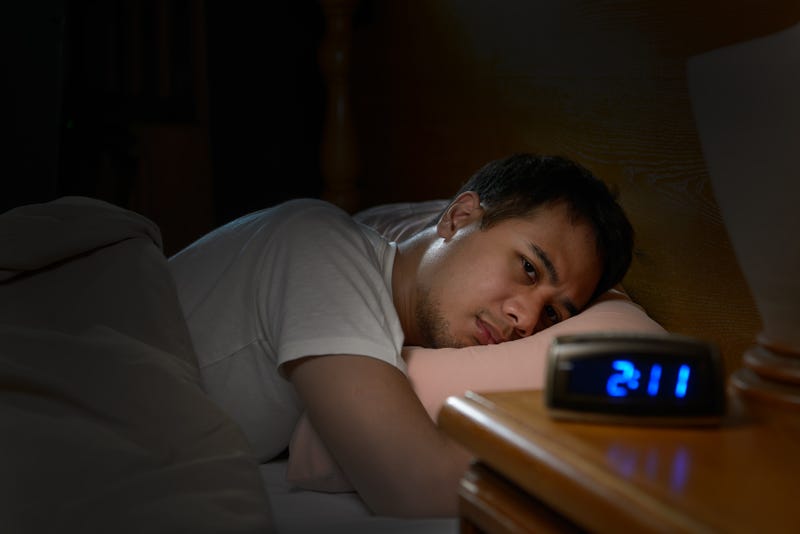
This weekend, the clocks jump forward an hour, launching us into a period of brighter evenings. Lots of people love the longer days, but the biannual clock changes could actually be wreaking havoc on our health.
Dr. Thomas Siler, a sleep medicine specialist at SSM Health St. Joseph Hospital in St. Charles, tells KMOX that the time change in the spring is worse for us than the one in the fall.
“What happens when we move the clocks forward an hour, we mess up the circadian clock in our brain,” Dr. Siler explained. “And so several different things can happen the week after daylight saving time starts; there's an increased risk of cardiovascular disease, heart attacks increase about 24%.”
Plus, he said, in the days after daylight saving time starts, there’s an increase in work injuries, automobile accidents, strokes and mental health issues. The following weeks show an increase in digestive disorders, migraines and cluster headaches, and insomnia.
Dr. Siler said that not getting sunlight at the same time that we’re used to can lead to problems with our internal clocks. To manage this shift, he said, people should practice good sleep hygiene.
“A regular sleep schedule: getting up around the same time in the morning, going to bed about the same time at night,” he said. “Some things that can make things worse are consuming alcohol before bed — that can decrease sleep quality.”
Some people recommend slowly easing into the change in the days leading up to the shift — setting your alarm for 15 or 20 minutes earlier every day before the time change happens. He adds that getting natural light in the morning can help reset your internal clock.
Copyright 2023 KMOX (Audacy). All Rights Reserved.
Follow KMOX | Facebook | Twitter | Instagram
Listen on the free Audacy app.
Tell your smart speaker to play K M O X.
